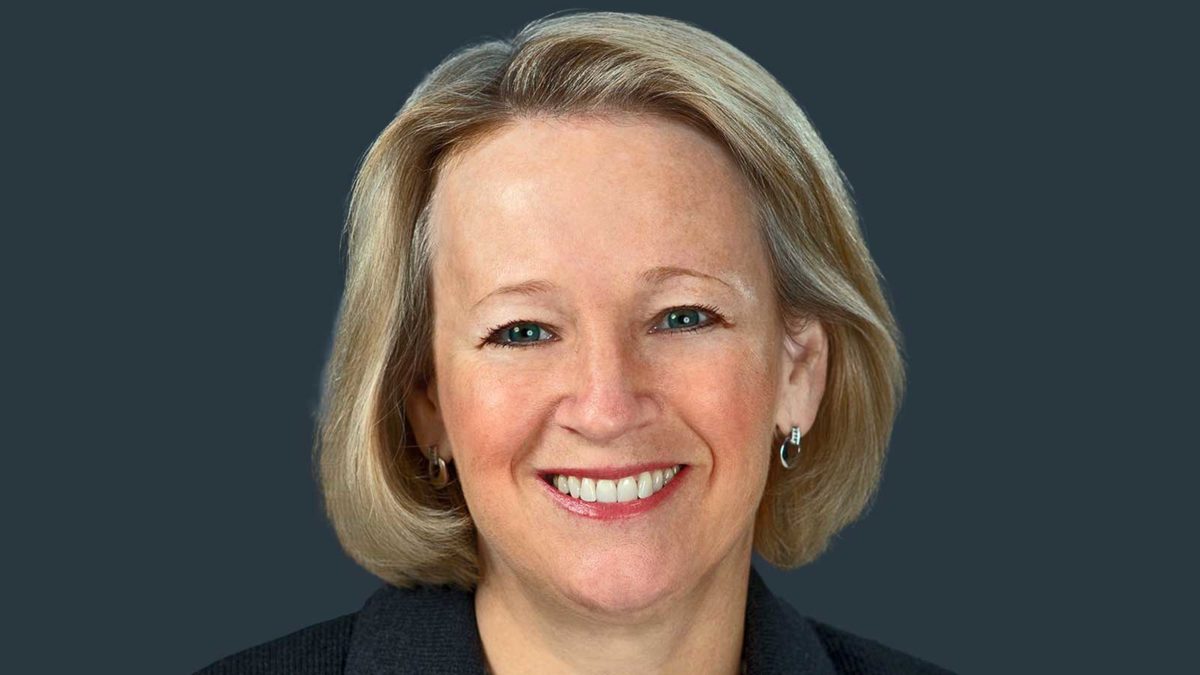TCFD sees the power of a ‘virtuous circle’
Investor demand for climate disclosure is at an “all-time high” – and rising. But disclosure is only half the battle.
It can sometimes be hard to remember that climate change action was once solely the domain of activist groups rather than those who occupy lofty board positions. As Mary Schapiro, head of the Task Force on Climate-related Disclosures (TCFD) noted on Wednesday (October 13), the role of the private sector in fighting climate change was “novel” a scant six years ago.
“I think it is fair to say that at that time the private sector had little appreciation of the risks associated with climate change,” Schapiro said. “But now, the societal and financial implications of inaction in the face of climate change are clear. There can be no excuse for failing to consider and address physical and transition climate risk in the conduct of business.”
There is good news on that front. The number of TCFD supporters has grown by more than a third in the last year, spanning 89 countries and nearly all sectors of the economy, with a combined market capitalisation of more than $25.1 trillion. Schapiro – and the TCFD – believe that’s having an impact on the global regulatory landscape, with new climate reporting requirements in eight jurisdictions and official endorsements of the TCFD by the G7 and G20. Its framework has also been referenced as the “foundation” for “standard setters like the IFRS Foundation and European Financial Reporting Advisory Group.”
“Disclosure is foundational to the battle against climate change and the capital markets can be powerful forces in this fight,” Schapiro said. “When markets have the information to accurately price the financial impacts of climate change, capital will shift towards businesses that prioritize climate resilience, transition and sustainability.
“But this virtuous circle can’t happen without critical information on how companies are managing the effects of a warming planet.”
In the latest update to its guidance, the TCFD is now recommending elevated disclosure on Scope 1, Scope 2, and Scope 3 GHG emissions, metrics on climate-related transition and physical risks and opportunities, capital deployment, internal carbon price, and remuneration. But disclosure is only half the battle. While there have been innumerable net-zero pledges, a pledge is not a plan, per se – and with disclosure, there is an element of companies simply talking the talk.
“We are recommending that companies that have made a net zero commitment or agreed to meet investor expectations around GHG emissions, and companies that operate in a jurisdiction that has made a net zero commitment, disclose credible transition plans that are aligned with their strategy, anchored in quantitative metrics, including actionable, specific initiatives, and report progress annually,” Schapiro said.
To that end, TCFD has also published new guidance on metrics, targets and transition plans to support the disclosure of “decision-useful information” and the linking of those disclosures with estimates of financial impacts.
“I want to emphasize that although we are enormously proud of the progress the TCFD has made this year, we are still very far from where we need to be in terms of global implementation of the TCFD framework,” Schapiro said. “While some jurisdictions are currently working towards mandatory requirements, we are really only at the starting line for many companies as they embark upon this journey.
“As the IPCC report has shown, there is simply not a moment to lose. It is our hope that as governments around the world consider reporting requirements, they build upon the very strong foundation of the TCFD’s framework to unite global efforts on comparable, consistent climate reporting.”










